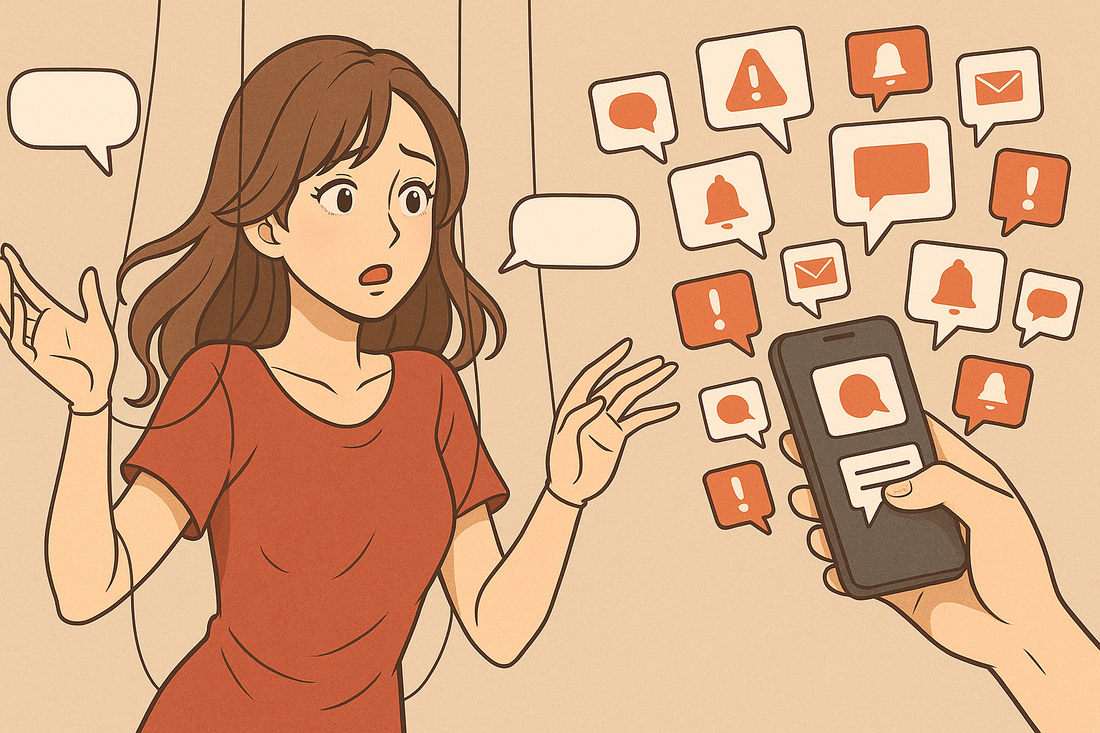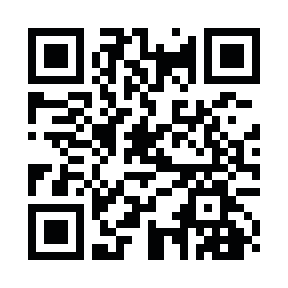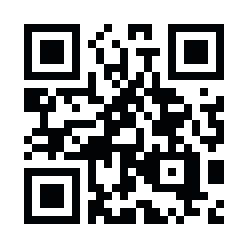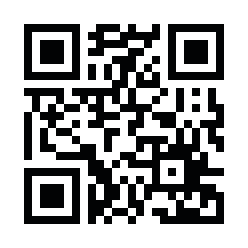
Hidden message of notifications: The psychological warfare manipulated by push notifications
Ping!
With just one notification sound, our fingers unconsciously pick up the smartphone.
“Who could it be from?” “Did I get a like?” At this moment, are you aware that you are acting exactly as the app intends?
Notifications are not “alerts” but “doorbells”
On the surface, push notifications are a convenient feature. They instantly inform you of new emails or chat replies.
However, behind the scenes, they are also a “mechanism to lure users back to the app” for app operators.
Social media app messages like “◯◯ reacted to your post” or shopping app alerts like “Limited time sale now!” are not just notifications but are designed as psychological triggers.
Timing that tickles the human brain
Research shows that humans are strongly attracted to “uncertain rewards.”
Just like gambling or gacha games that are hard to stop, notifications use the excitement of “not knowing until you open it.”
Even if the content is “just an advertisement,” the brain is tricked into thinking “maybe it’s an important notice.”
As a result, every time you open your smartphone, you fall right into the app’s trap.
“Hidden messages” are lurking
Furthermore, notifications have a dual structure of “direct content” and “hidden intent.”
・“The sale has started” → Hidden intent: to make you open the app and encourage purchasing behavior
・“◯◯ logged in” → Hidden intent: to lure you back as well
・“Your step count yesterday was low” → Hidden intent: to make app usage a habit
In other words, notifications are not just messages but can be called “remote controls for behavior manipulation.”
Notification fatigue and security risks
When notifications increase too much, people can no longer distinguish between “important” and “trivial.”
As a result, there is a risk of overlooking important security-related alerts.
There are even no-joke stories like “I missed a hacking alert because it got lost among a flood of advertising notifications.”
Notification inflation not only causes information overload but also lowers defensive capabilities.
How to reclaim your time
So, how can you avoid being overwhelmed by notifications?
The best way is to “choose your notifications.”
Keep only truly necessary communication methods (phone calls, work emails, family messages) and turn off the rest. It’s uneasy at first, but once you get used to it, it’s surprisingly comfortable.
With AntiSpyPhone, managing this becomes even easier.
You can finely set notification permissions for each app, and it also features a “focus mode” that completely blocks notifications during specific times.
This way, you can maintain a lifestyle rhythm like “no smartphone interruptions at night” and “no distractions from ads during work.”
Summary
Notifications are originally “convenient alerts,” but in reality, they have also become “tools of psychological warfare.”
If you accept them without understanding their hidden messages, you will unknowingly become a puppet of the apps.
Next time you hear a ping!, pause for a moment and think.
“Is this really necessary information? Or is it the app’s doorbell?”
That moment of judgment will be the key to reclaiming your time and concentration.










